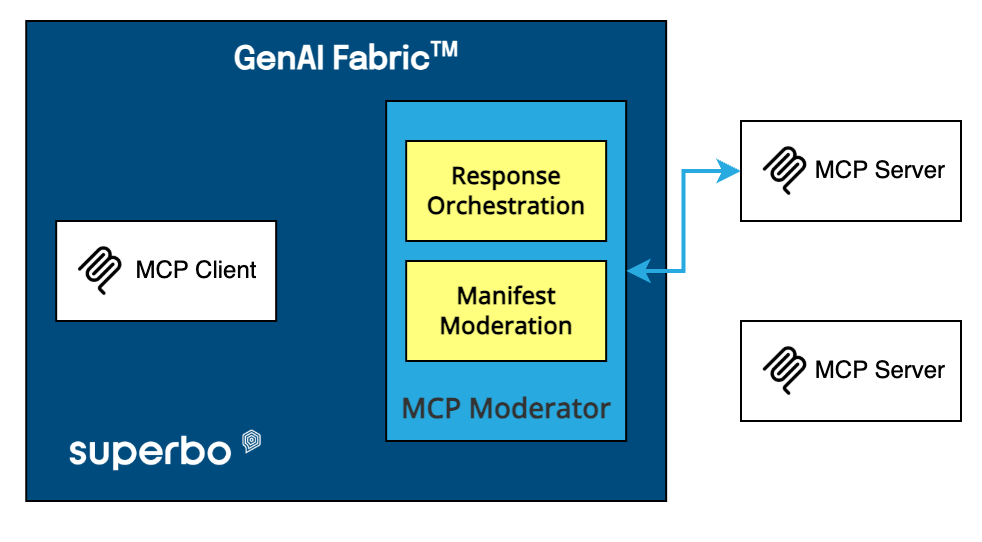How AI Agents Revolutionize Enterprise Procurement Processes
Enterprise procurement is a complex, multi-step process vital for securing the resources businesses need while ensuring efficiency, compliance, and cost-effectiveness. The procurement workflow typically involves the following steps:
-
defining procurement needs
-
vendor sourcing
-
creating and issuing Requests for Proposals (RFPs)
-
receiving vendor proposals
-
evaluating and ranking vendors
-
selecting vendors
-
awarding contracts
With advancements in artificial intelligence (AI), particularly AI agents, many of these tasks can be automated, allowing organizations to streamline operations, improve accuracy, and reduce manual effort.
AI Agents in Procurement: Automating Key Steps
AI agents are well-suited to automate several stages of the procurement process, particularly those that involve data processing, repetitive tasks, and rule-based decision-making. While AI can fully automate certain steps, others require human oversight or decision-making. The role of AI agents spans automating routine tasks, supporting decision-making, and enabling real-time monitoring and communication with human stakeholders.
The steps that can be fully automated using AI agents include:
-
Market research
-
Proposal reception and storage
-
Drafting RFPs
-
Scoring and ranking vendors
The remaining steps, such as needs identification, scope definition, budgeting, vendor shortlisting, financial evaluation, and contract award, benefit from AI augmentation but require human approval and input.
Step-by-Step AI Contributions to Procurement
-
1.
Define Procurement Needs
AI Contribution:
-
Scope Definition and Budgeting: AI assists by generating initial scope documents and budgets based on historical data, benchmarks, and real-time cost analyses.
Human Involvement:
-
Needs Identification: This step is entirely human-driven. Relevant departments submit a formal requirements document detailing the specific needs and goals of the procurement process.
-
Approvals: Humans review AI-generated scope and budget recommendations to ensure alignment with organizational goals.
-
2.
Vendor Sourcing
AI Contribution:
-
Market Research:AI agents conduct comprehensive market analysis, pulling data from internal systems (e.g., ERP), third-party reviews (e.g., Gartner), and industry reports. AI flags vendors meeting specific criteria, such as compliance or performance metrics.
-
Shortlist Creation:AI narrows the vendor pool by scoring vendors based on predefined parameters such as past performance, certifications, and risk profiles.
Human Involvement:
-
Approving the AI-generated shortlist of vendors to ensure alignment with strategic objectives or specific requirements.
-
3.
RFP Creation and Issuance
AI Contribution:
-
Drafting RFPs:AI agents generate detailed RFPs by using templates, integrating scope and requirements, and incorporating legal and compliance standards.
-
Issuing RFPs:AI manages distribution to the approved shortlist and tracks recipient engagement.
-
Handling Clarifications and Amendments: AI processes vendor queries and auto-generates responses based on predefined FAQs or existing documents, escalating complex issues to humans when needed.
Human Involvement:
-
Approving the final draft of the RFP before issuance.
-
Overseeing escalated clarifications or amendments.
-
4.
Receiving Vendor Proposals
AI Contribution:
-
Proposal Reception and Storage:AI automates acknowledgment of received proposals, logs them into the system, and categorizes documents for easy access.
-
Status Tracking: AI provides real-time updates on proposal submissions and sends alerts for late or incomplete responses.
Human Involvement:
-
Limited oversight unless issues arise, such as missed deadlines or incorrect submissions.
-
5.
Evaluation of Proposals
AI Contribution:
-
Technical Evaluation:AI reviews proposals against predefined technical criteria, highlighting discrepancies or missing information.
-
Bid Opening Automation: AI ensures transparent and secure opening of bids, creating an auditable record of the process.
Human Involvement:
-
Approving AI's technical evaluation results and addressing subjective evaluation areas.
-
6.
Scoring and Ranking Vendors
AI Contribution:
-
Automated Scoring:AI evaluates and scores proposals using weighted criteria, such as compliance, technical capabilities, and delivery timelines.
-
Ranking Vendors: AI generates ranked lists based on cumulative scores, incorporating any adjustments for risk or performance metrics.
Human Involvement:
-
Validating AI's scoring and rankings to ensure accuracy and alignment with strategic goals.
-
7.
Vendor Selection
AI Contribution:
-
Negotiation Support:AI provides data-driven insights for negotiations, such as highlighting cost discrepancies or suggesting optimized terms.
-
Recommendation Reports: AI prepares detailed reports on vendor performance and suitability.
Human Involvement:
-
Conducting negotiations and making the final vendor selection.
-
8.
Contract Award
AI Contribution:
-
Drafting Contracts:AI auto-generates draft contracts based on templates and negotiation outcomes, ensuring compliance with legal and organizational standards.
-
Tracking Changes: AI manages version control and tracks amendments during contract discussions.
Human Involvement:
-
Reviewing, finalizing, and signing the contract.
Real-Time Monitoring and Human-AI Collaboration
AI agents enable real-time monitoring of the procurement process through dashboards and conversational interfaces:
-
Status Updates: AI agents provide automated progress reports or respond to human queries about procurement status.
-
Escalations: AI flags tasks requiring human input, such as RFP approvals or vendor selection, ensuring timely intervention.
-
Transparency: AI maintains a detailed audit trail of actions, enhancing accountability and compliance.







